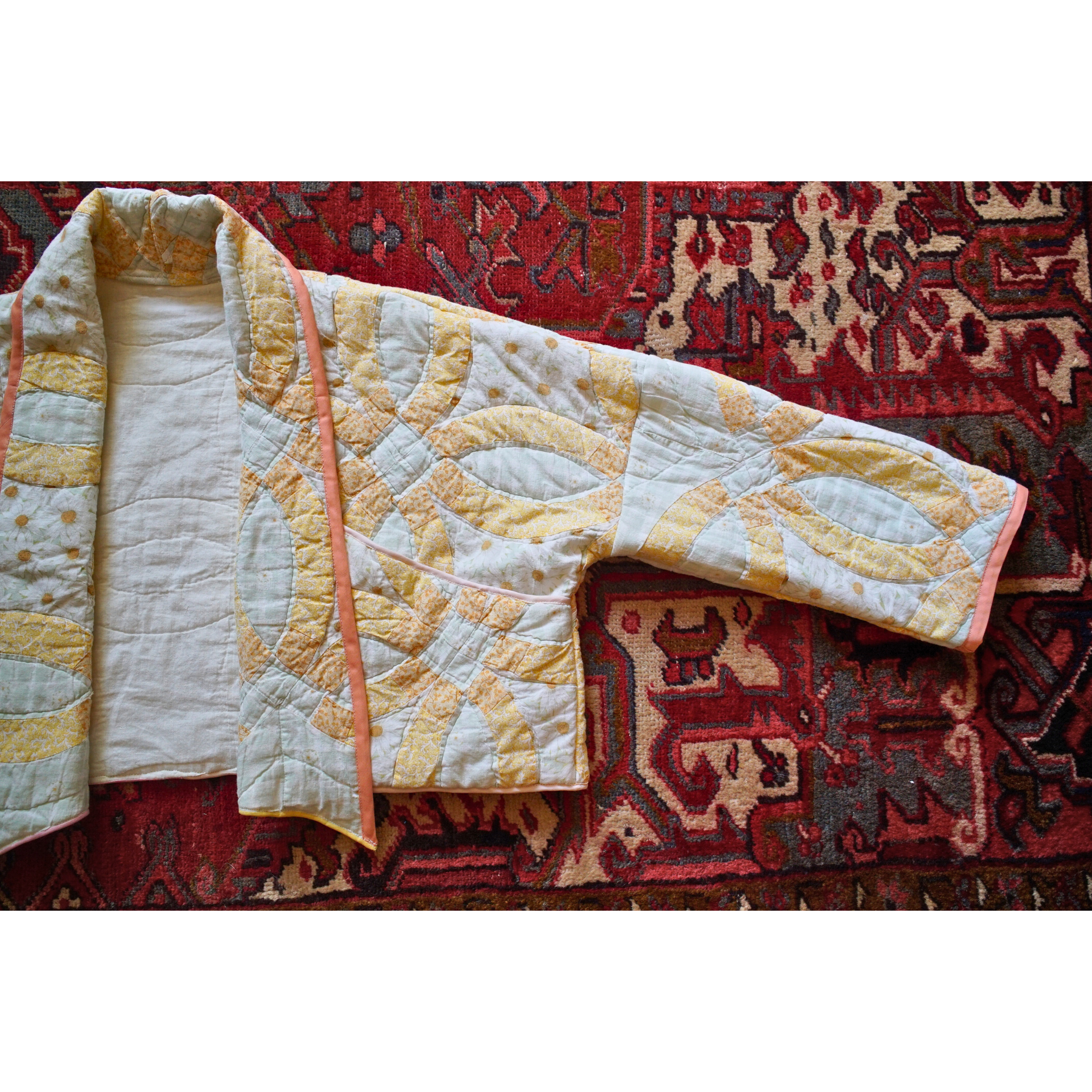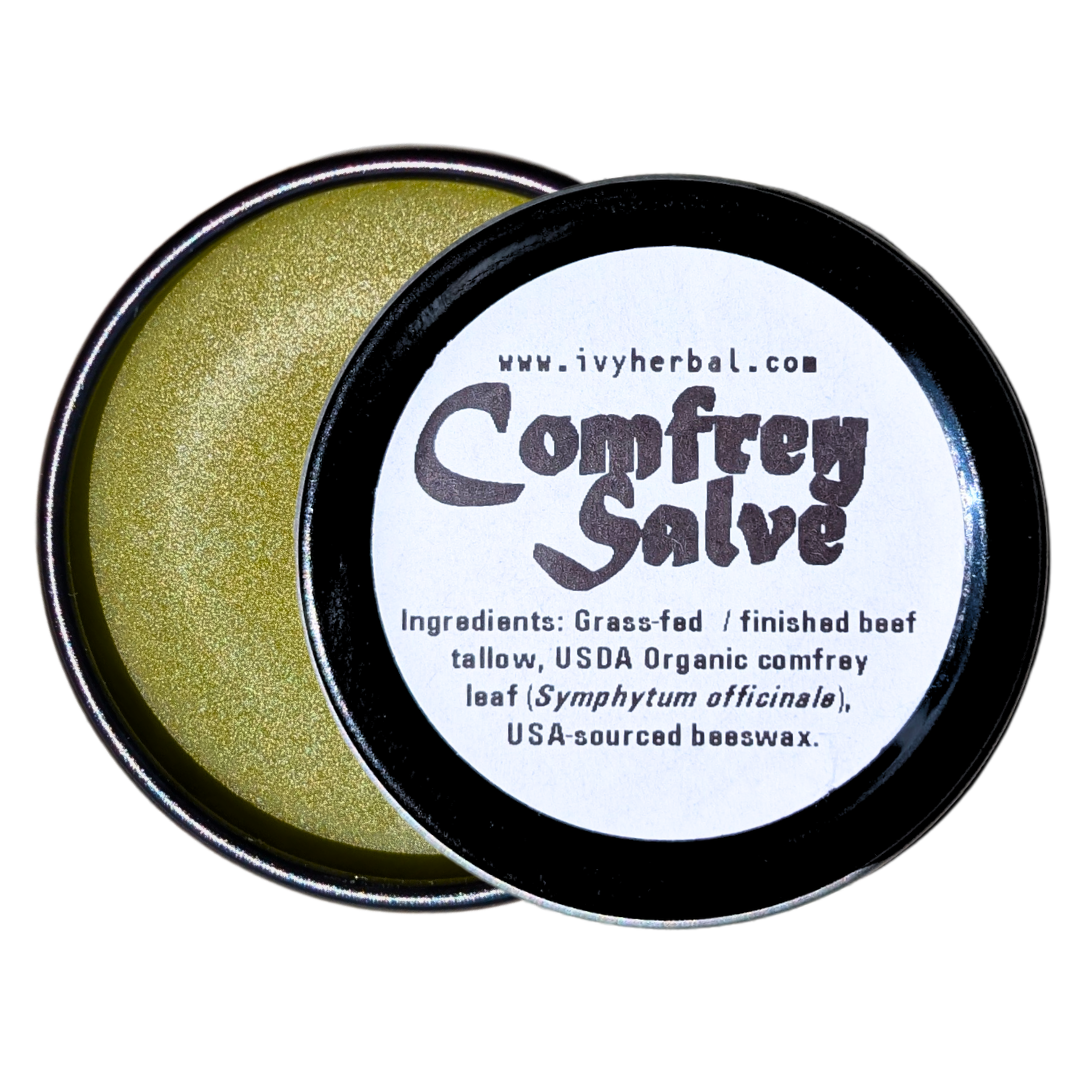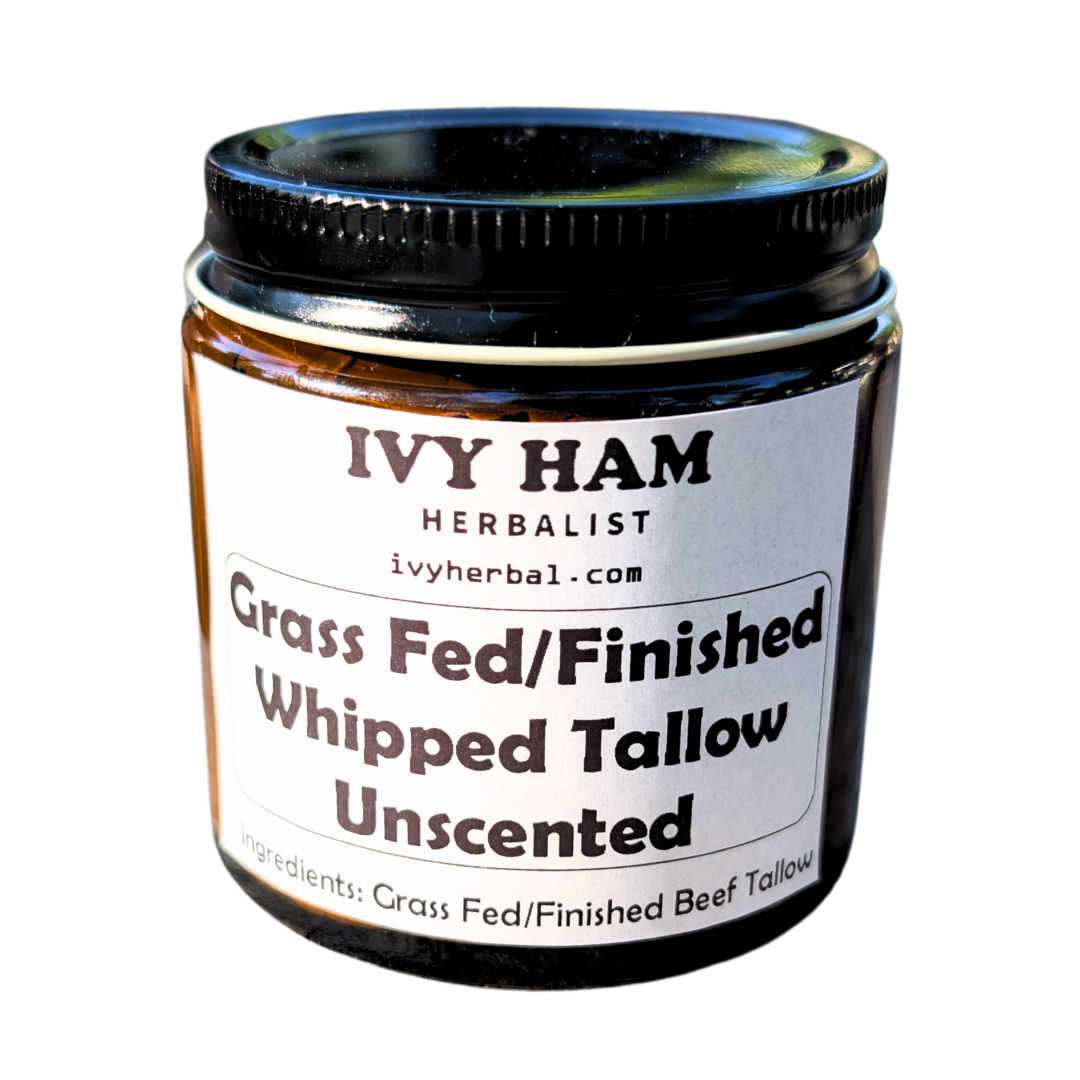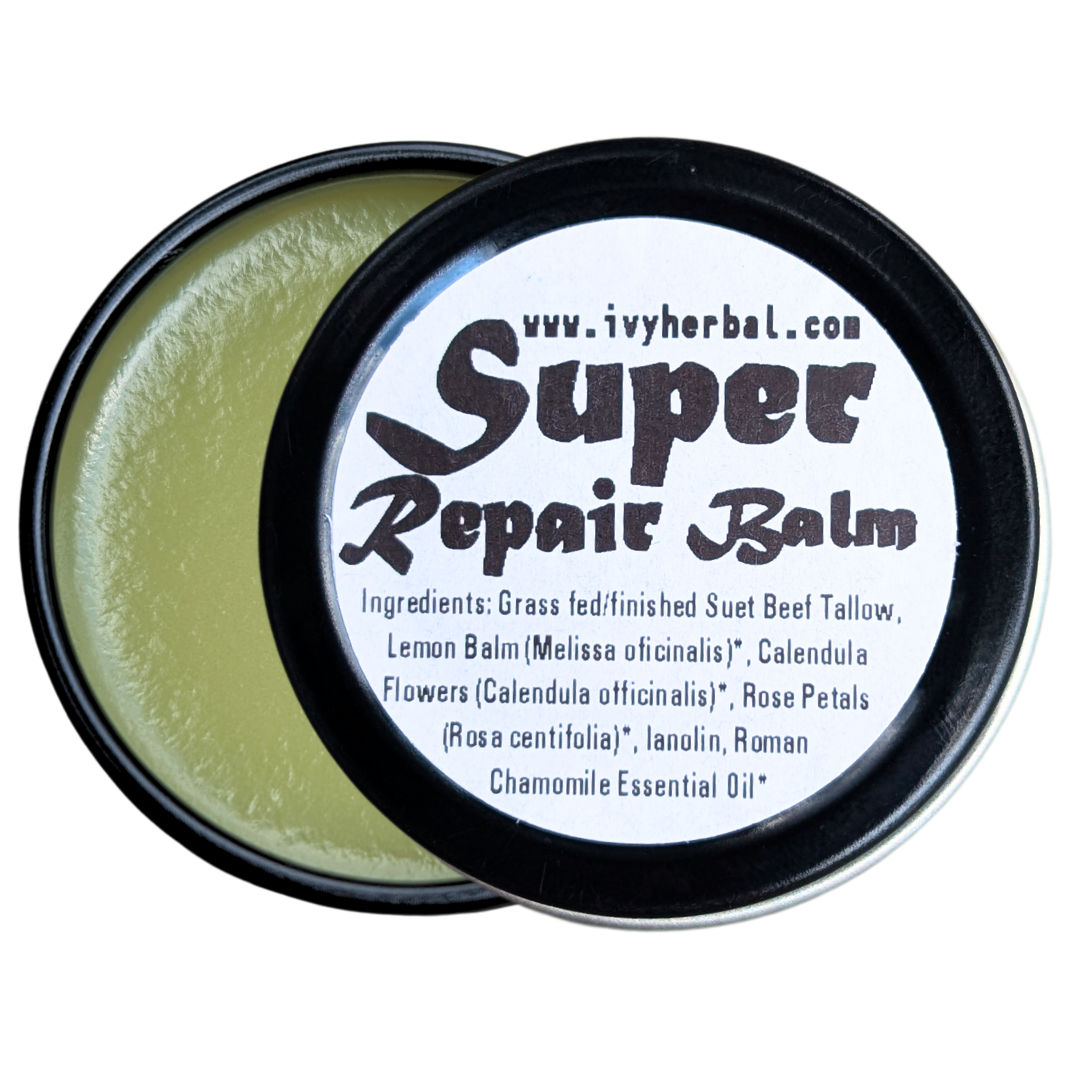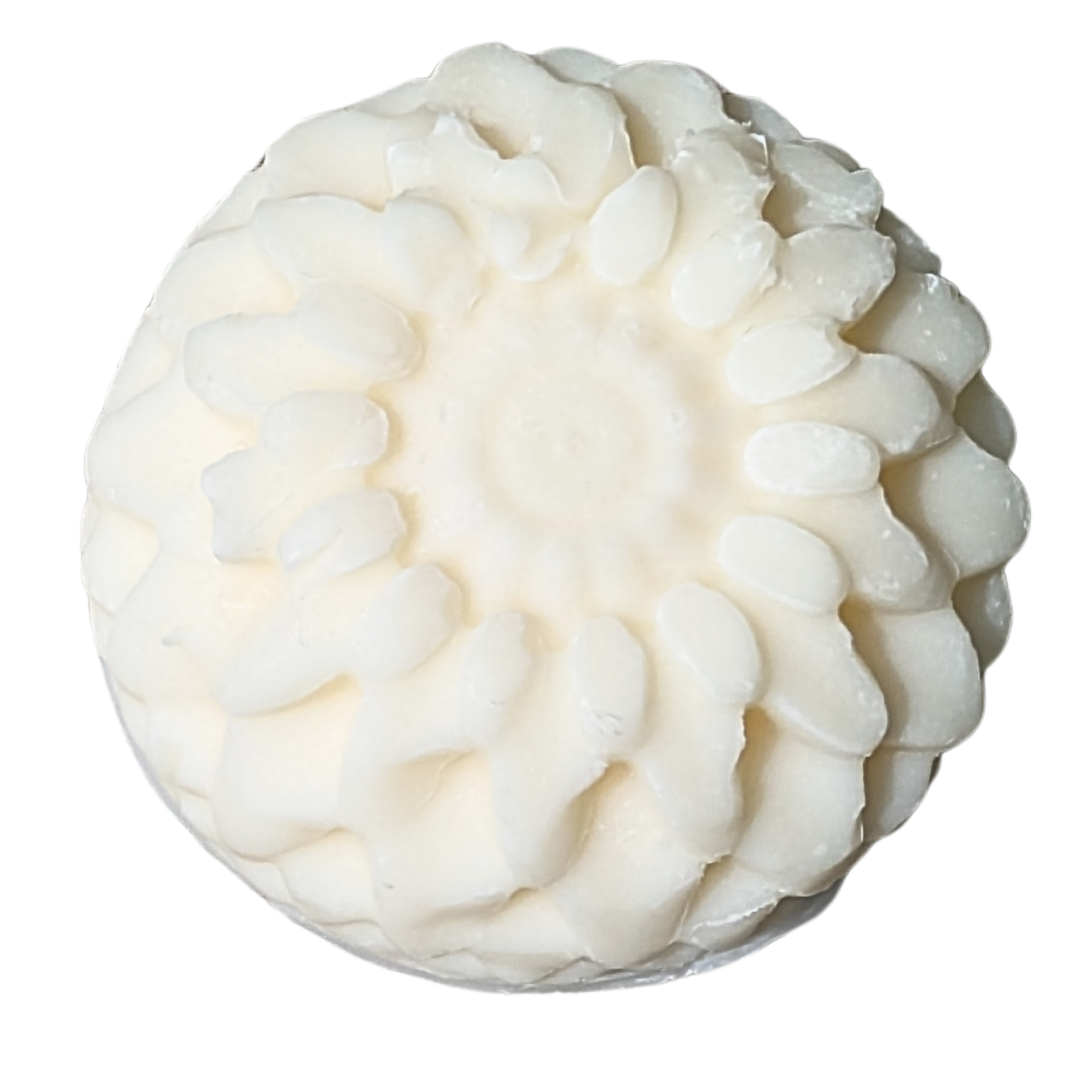The Truth About the FDA’s Natural Desiccated Thyroid Ban
Update 8.14.25: It seems that the FDA is backpedaling their announcement that natural thyroid medications would soon be banned after massive public outcry. The FDA is now working on their own clinical trials for natural desiccated thyroid medications instead. The FDA has yet to post any official public notice about this update.
Personally, I’m wondering why we need expensive trials for medications that have been working well for decades, which will surely increase costs for consumers and/or be a wasteful use of taxpayer funds.
Statement below from FDA Commissioner Dr. Marty Makary’s X.com account.
Aug 12th, 2025
The FDA has announced that they are banning animal-based thyroid medications - AKA natural desiccated thyroid (NDT), or desiccated thyroid extract (DTE) e.g. Armour Thyroid, NP Thyroid. Some of the changes coming out of the HHS/FDA this administration have been good or neutral, but this is one that I feel is definitively bad.
Read the full report here from the FDA wbesite:
FDA’s Actions to Address Unapproved Thyroid Medications
Only around 10% (~4 million prescriptions) of all hypothyroid patients take NDT to manage their hypothyroidism, often citing bad reactions to the synthetic options, and many report having used these supplements for decades with no ill effects. The vast majority (around 90%) of hypothyroid patients already use the synthetic versions, raking in over $1 billion every year for big pharma.
Here’s the estimated profit breakdown between NDT and synthetic prescriptions for 2023 (source: clincalc):
Levothyroxine (Synthetic) in 2023:
~80.9 million prescriptions × ~$21.16 per Rx ≈ $1.71 billion in total drug cost.Natural Desiccated Thyroid (NDT) in 2023:
~3.95 million prescriptions × ~$65.26 per Rx ≈ $0.26 billion in total drug cost.
Since there is no proof of harm from NDT/DTE, banning these medications and eliminating our freedom of choice, the FDA will be causing more harm than good to consumers, many of whom have previously tried the synthetic versions. This ban would exclusively benefit the pharmaceutical companies who make synthetic thyroid medications.
Why Is Natural Desiccated Thyroid Being Banned?
In their report, the FDA said that they are banning natural desiccated thyroid (NDT) because of issues with “safety, purity and potency”… “quality and dosing issues”. Their argument is that because these medications are made from animal products, there may be some variability in the compounds that act on the thyroid, and thus these products are “unsafe”.
It is worth pointing out that they present no evidence of these potential issues or any ill effects that they’re alleging in their statement. On the other hand, iatrogenic death (AKA medical error) is the 3rd leading cause of death in the US. Interestingly, 160,000+ bottles of levothyroxine were actually recalled by the FDA earlier this year due to “potency” issues.
Levothyroxine VS Natural Desiccated Thyroid (DTE) Side Effects
| Category | Levothyroxine (T4) | Natural Desiccated Thyroid (DTE) |
|---|---|---|
| What it is | Synthetic thyroxine (T4); standard first-line therapy. | Porcine thyroid extract containing T4 + T3 (and trace iodothyronines). |
| Common side effects* |
|
|
| Serious/long-term risks |
|
|
| Pros |
|
|
| Cons |
|
|
*Most “side effects” reflect under- or over-replacement rather than true drug allergy/intolerance.
Scientific Studies Showing Support for Natural Desiccated Thyroid
Let’s say, for arguments sake, If people took DTE and then had unwanted side effects due to potency/variability issues as the FDA claims, wouldn’t they just switch to the synthetic? We are all unique individuals and I think it’s possible that even with the risk of variability with animal-based thyroid medications, people may still find they react better on those than the synthetics.
A blinded study of 70 patients done in 2013 by the American Thyroid Association showed that ~49% of the people in the trial preferred NDT to levothyroxine after trying both. From the study: “…some patients who continue to have symptoms of hypothyroidism when taking levothyroxine report improvement in these symptoms when switched to desiccated thyroid extract.”
A systemic review that looked at 9 nonrandomized studies of interventions (NRSIs), 2 randomized clinical trials (RCTs), and 3 case reports comparing levothyroxine (or combo therapy with liothyronine and levothyroxine) and Desiccated thyroid extract (DTE). The review looked at quality of life (QoL), symptoms, treatment preference, adverse effects, thyroid hormone levels, thyroid autoantibodies, cardiovascular measures, and gene polymorphisms in deiodinase enzymes.
In the Randomized Clinical trials they looked at, they found no difference between the two treatment options, showing support for DTE as a viable treatment option. In the 9 NRSIs looked at in the review, symptom and QoL assessments were found to be in favor of using DTE over the synthetics. Based on these results, I’d say that it’s a pretty compelling case that DTE should remain an available option.
How Long Until the Ban is Enforced?
The report stated also that they will not be taking “immediate action”, and will give people time to work with their healthcare providers to transition to the synthetic pharmaceutical thyroid medications. I’ve seen reports that this will be around a year, but haven’t seen any official statement on the timeframe from the FDA. In the meantime, companies are still permitted to manufacture animal-based thyroid medications. It’s not clear from the FDA notice how long we will still be able to purchase these medications.
Will Banning Animal-Based Thyroid Meds Even Work?
People who take these animal-based medications will be inconvenienced by this ban, but ultimately I don’t see this as an effective way of completely halting their use. We have seen with drugs like Ivermectin during the pandemic (which was and still is very difficult to get despite being one of the most safe medications available), people have been purchasing it online from India or Mexico, where it is more easily available. This is not a new thing, people have been buying drugs from our of the country for decades due to the fact that drug prices are often heavily discounted compared to in our country.
The problem with buying outside the US, is that the sourcing and quality of these medications is less confirmed, which, ironically could actually cause the safety issues that the FDA cited as their reason for the ban.
With relatively very few people using these meds compared to the synthetic, and the fact that most of these same people likely have already tried the widely available pharma synthetic version, I just feel like this ban has the potential to be harmful.
Final Thoughts
If you’re going to ban something, you need to cite actual proof that the thing your banning has actually caused harm, especially when pharmaceutical companies stand to benefit immensely from said ban. Our government is very obviously still rife with conflicts of interest and in serious need of reform.
I have seen my own mild hypothyroid reverse with simple dietary changes (removing anti-thyroid nutrients, raw carrot salad, limiting phyto-estrogens, supporting liver function, progesterone supplementation etc). If you are someone who has been diagnosed with hypothyroid, I highly recommend looking into Dr Ray Peat’s work (not medical advice). His research has really helped me adjust my diet to be more thyroid-friendly.



